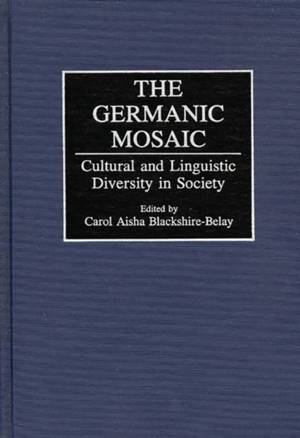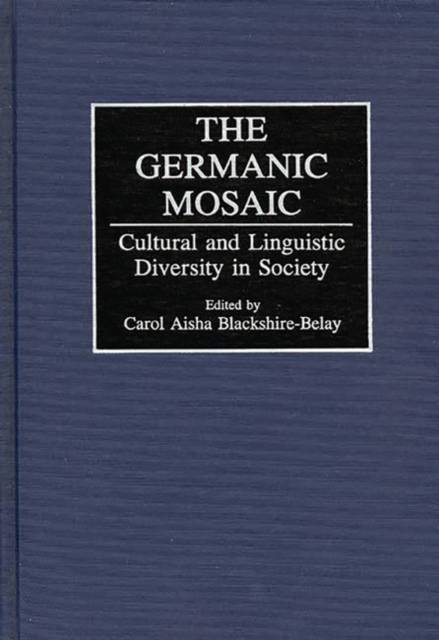
- Retrait gratuit dans votre magasin Club
- 7.000.000 titres dans notre catalogue
- Payer en toute sécurité
- Toujours un magasin près de chez vous
- Retrait gratuit dans votre magasin Club
- 7.000.0000 titres dans notre catalogue
- Payer en toute sécurité
- Toujours un magasin près de chez vous
161,45 €
+ 322 points
Description
This is a comprehensive and up-to-date critical examination of cultural diversity in Germanic-speaking societies. It goes beyond ethnic, religious, and gender stereotypes to show minority groups as active participants in German history rather than as passive victims. This collection of critical and theoretical essays seeks to interpret the current philosophical, aesthetic, and literary thinking about diversity in literature and language.
The book is divided into four parts: literary analyses of works produced by members of minority populations, linguistic discussions and case studies of minority groups, structures and strategies of discourse and prejudice, and studies of remedies for problems of racism and discrimination. Some of the most significant writers and thinkers in the field have contributed, making this volume of critical concern to scholars and students of German, modern languages, and comparative studies.Spécifications
Parties prenantes
- Auteur(s) :
- Editeur:
Contenu
- Nombre de pages :
- 336
- Langue:
- Anglais
- Collection :
Caractéristiques
- EAN:
- 9780313286292
- Date de parution :
- 07-12-93
- Format:
- Livre relié
- Format numérique:
- Genaaid
- Dimensions :
- 155 mm x 242 mm
- Poids :
- 712 g

Les avis
Nous publions uniquement les avis qui respectent les conditions requises. Consultez nos conditions pour les avis.






